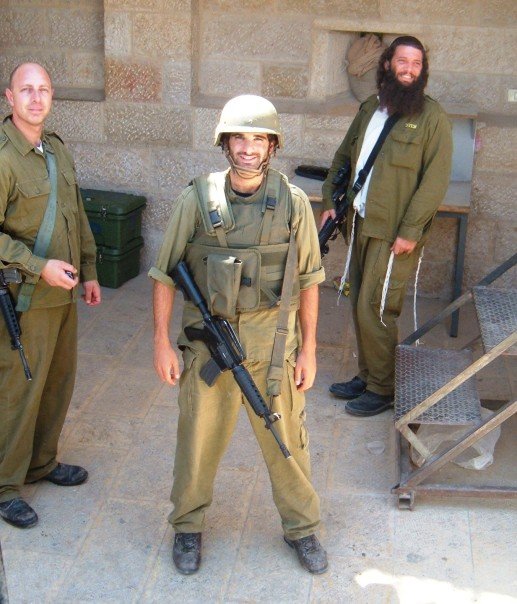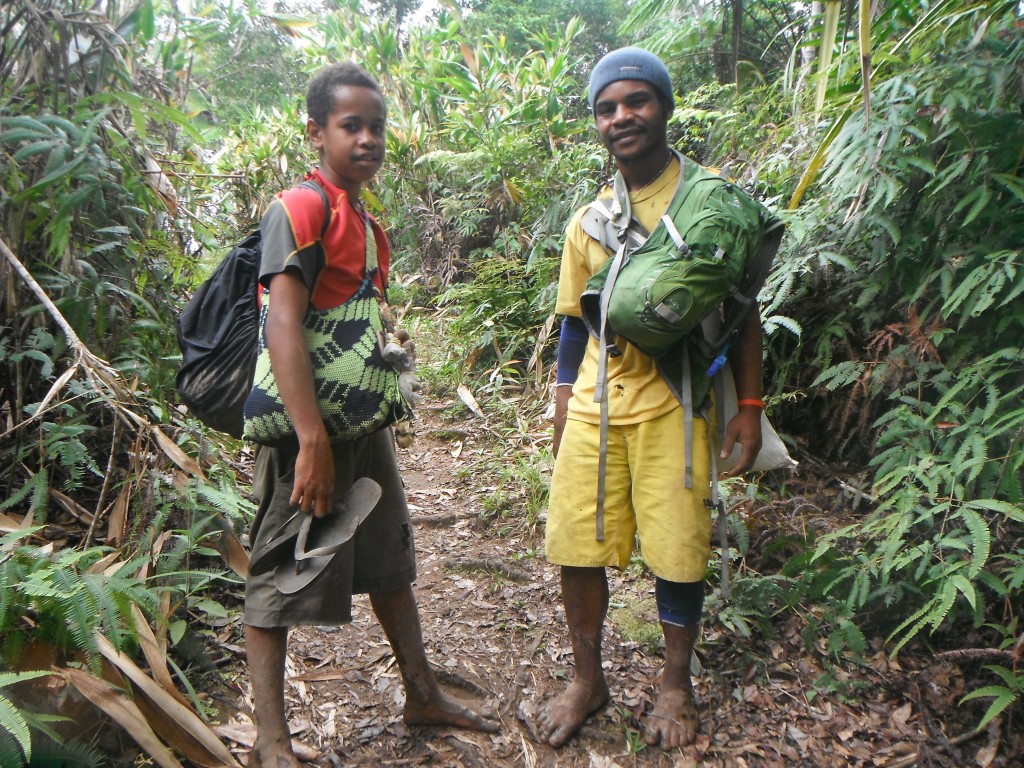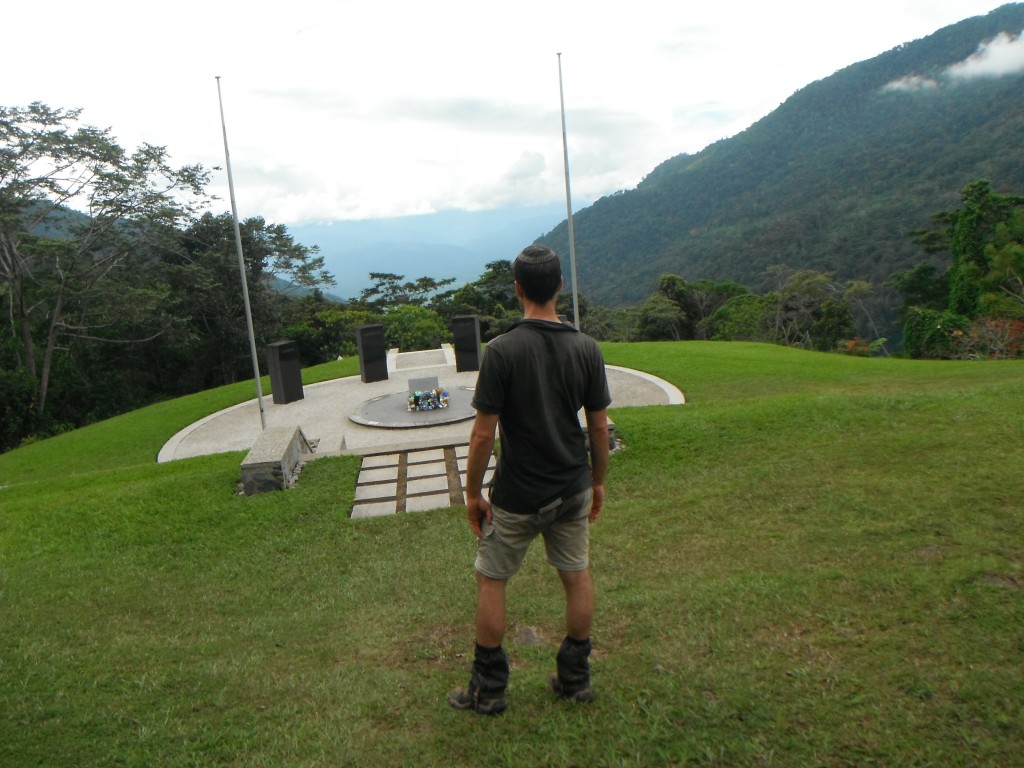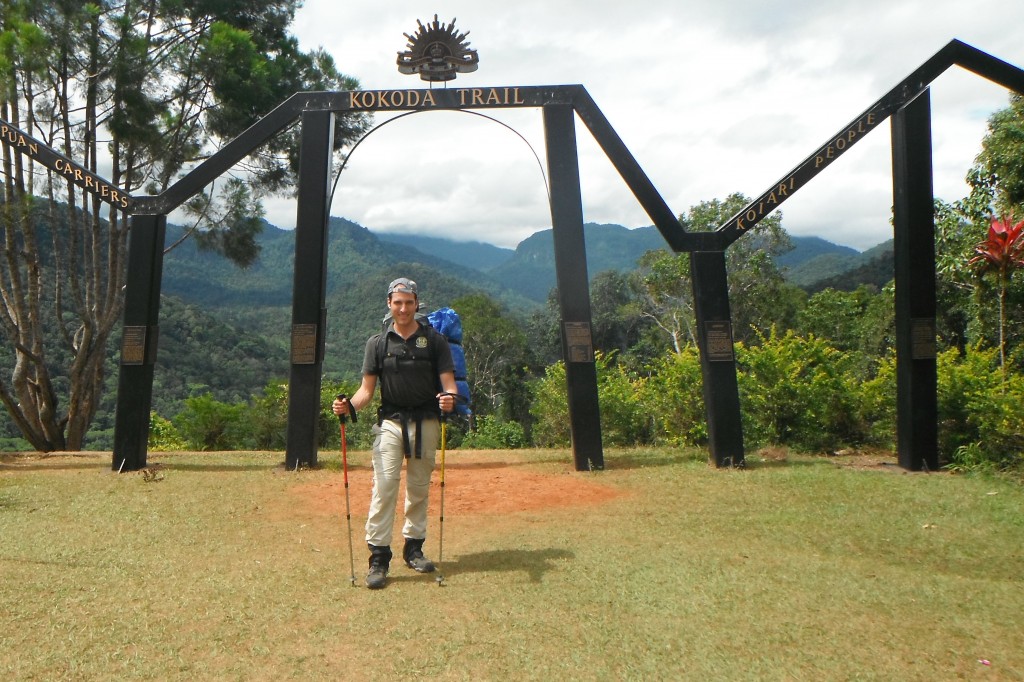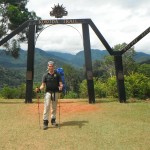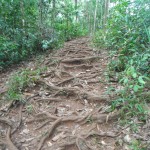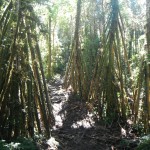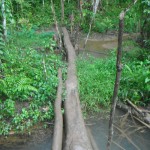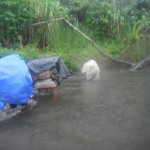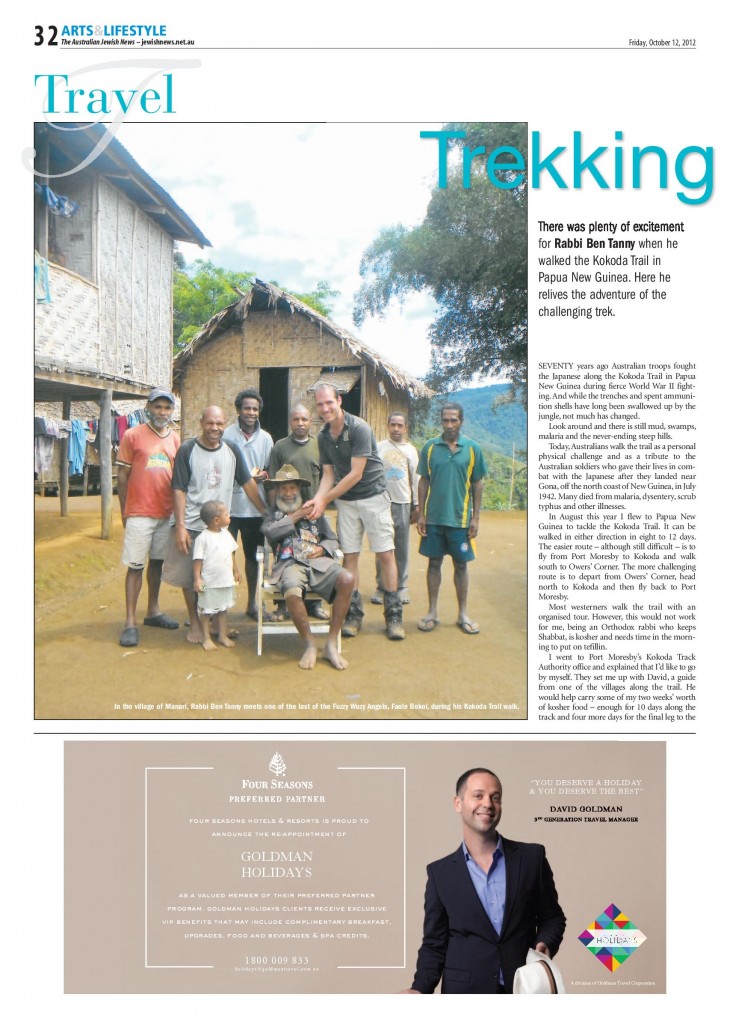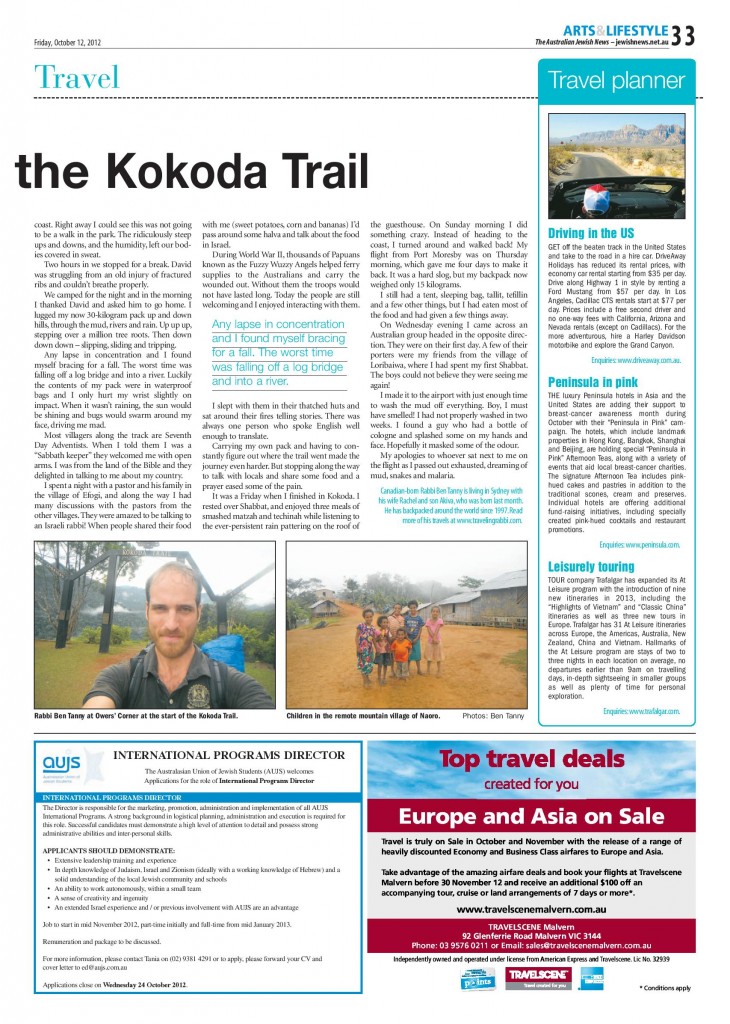Parshas Emor: Getting Angry at G-d
Have you ever gotten angry at G-d? Maybe everything in your life was just going wrong. You lost a loved one or you were seriously injured… or maybe it was just a lot of little things piling up. Maybe you were just discontent with the way life was going.
I remember once I got really angry at Hashem. I remember raising up my hands and shouting at Him, “Hashem why are you doing this to me?! Why are you treating me this way?” I just could not believe that He, who supposedly loves me so much, could be so mean.
I think most people have felt anger at G-d in their lives. If it wasn’t over something that happened to them, then it was over something that happened to someone else. I have met many people in my travels who have told me they are angry with G-d about the Shoah (Holocaust). What happened just makes them so sick that they are angry at G-d – and sometimes cannot find a way to forgive Him.
In this week’s parsha, we encounter a man who gets so angry he actually curses G-d. As a result, he is taken out and stoned to death. But if almost all of us get angry at G-d sometimes, why such a harsh punishment? Are we not allowed to be angry with Him? After all, He is the one who failed to give us the understanding and insight into His plans. He is the one who limited us. And He is the one who is bringing suffering onto us. So why shouldn’t we be angry with Him sometimes?
The answer when it comes to getting angry is the same no matter who or what has upset you. I have addressed the topic of anger before (in posts on Parshas Chukas and Parshas Toldos). The Torah does not expect you to never get angry, but it does expect you to control how you express that anger.
Cursing G-d just is not an acceptable way to handle our anger with Him. If we are angry at G-d, we need to recognize that this is a call from Him to dig deeper into ourselves. It shows we do not have sufficient emunah (faith) and bitachon (trust) in Him to know that everything He does is for our own good. It also shows that we must work to control our anger (see links above). But not only does it show that our emunah and bitachon are lacking, the individual circumstance of our situation should teach us something else about ourselves. Perhaps we are so arrogant that we expect to understand G-d’s ways and are upset when we cannot. Perhaps we need to give more charity or do more chesed (acts of lovingkindness) for others.
It is okay to feel angry or upset with Hashem sometimes, as long as we recognize that the defects are actually within ourselves. If that is how we handle the situation, then we show that we are bigger than our anger. We can choose to overcome our emotions. We are in control, not the animal inside us.
But if we stoop to cursing G-d we lower ourselves. We have not only totally missed the point and failed to get the message G-d was sending us, but we are also committing another sin. G-d spoke the world into existence. He blew life into us with His divine breath. And yet we are using our breath to speak evil words at Him. We would not even exist if not for His great mercy and instead of gratitude, we curse Him using the same mechanism by which He gave us this great gift. It’s not really just one additional sin, it’s many.
In this coming week, let us all work on controlling our anger, both with G-d and with anyone and anything else. Even if we feel angry, let us look inside ourselves and figure out why G-d is letting this incident happen to us, or allowing this person to treat us in this undesirable way. In this way, we can spiritually elevate ourselves.
Shabbat shalom!
Read more on Parshas Emor
Read More


